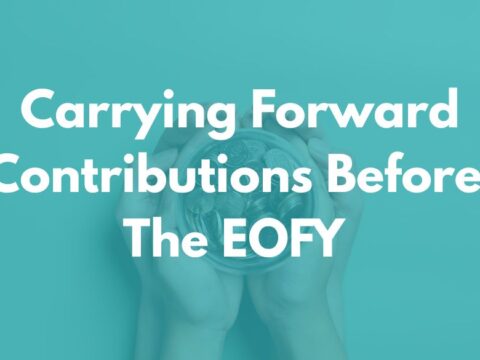Startups and angels: a match made in heaven?
By Mark Copsey, Partner
This month I attended the University of NSW’s Angel Investors Program hosted by UNSW to hear from some very talented, passionate members of Sydney’s startup community. I was blown away by our young entrepreneurs, whose ideas, thought processes and problem solving capabilities truly put Australia in good stead for the future.
Here are just some of the startups we heard from over the exhilarating 3 days:
- MicroTau: a biomimicry startup exploring how nature’s surfaces can help solve major problems; for example, printing synthetic shark skin (which has evolved over millions of years to reduce drag as it cuts through the water) and applying it to cargo aircraft for substantial fuel savings! And this is just one of many solutions they have in mind…
- Beforepay: a fintech (financial technology) startup aiming to disrupt high interest payday lenders by unlocking part of your salary before the next pay cycle, with a fixed transaction fee of 5%.
- Lumaway: a career planning startup that uses extensive job data and AI to help students build a personalised career plan, while connecting them with many real industry mentors to help find a fitting job to reach their goals.
- High Earth Orbit Robotics: a space technology startup (and one of Australia’s pioneers in this “space”) enabling their customers to visually inspect assets (e.g. satellites) in low earth orbit thanks to HEO’s space based cameras. To capture high resolution images of small objects moving incredibly fast is no mean feat and a great deal of cutting edge research has gone into this.
- mtime: a tech-enabled service matching families with professional assistants who can help with chores, cook, clean and also look after the kids; unlike many of the ‘marketplace’ startups these days, ‘Moncierges’ (family assistants) are employees of mtime and they take care of all the hiring, training and client support.
Apologies to the startups if I haven’t done them justice – I was just so impressed with their incredible progress and wanted to share some of their offerings with you. These are not recommendations to invest by the way, but watch this space as I expect you might be hearing about some of these names in future!
If you are interested in exploring early-stage angel investing, it comes with a high degree of risk and as a rule should only represent 5-10% of your portfolio. It’s not for everybody, but as some of our clients have expressed interest in the space, here is a brief introduction.
For the typical early-stage startup company, angel investors can typically participate in three rounds of funding:
- Seed capital to get things going in the very early stages of a business. There may be thousands of Australian startups at this stage, of which only a few are likely to succeed. The best angel investors are particularly skilled at finding and assessing these opportunities.
- Series A capital raising comes next for startups that are able to get their concepts off the ground. This investment round may raise anything from a few hundred thousand dollars to a few million.
- Series B capital raising may occur for companies that reach a stage where real income is being earned. This investment round typically looks to raise millions, to fund further expansion of the company. Following this round, the very lucky few (and I mean few) companies may progress to a stock market listing. You may have heard of the recent IPO by the fast-growing Aussie startup, Airtasker.
To achieve diversification and minimise risk, an angel investor could build towards having at least 30 Seed and Series A investments in their portfolio, with the expectation that nearly all will fail or not amount to much. These startups may look to have all the right ingredients for a successful business, but for most, the chances of a profitable exit are slim. Typically, only about 10% of angel investments achieve a profitable exit, through an acquisition or stock market listing. The idea is that those wins will return the whole portfolio and (ideally) much more.
Starting out as an angel
There are a few ways to invest and this comes down to your financial resources and the time you can spend sifting through the opportunities.
- Direct investors would need to have a few hundred thousand dollars to invest in a portfolio of 30 companies as well as the time and skill to network, find opportunities and perform some level of due diligence. This type of investor could expect a seat at the board table (depending on the amount they put in) and to share their knowledge and industry contacts with the startups they fund.
- Alternatively, there are a number of syndicates that pool their resources together and invest in portfolio of startups via a trust or other type of vehicle. Some legwork is still required; a syndicate investor should expect to meet the founders of their prospective investments and have a say in selecting startups for their portfolio.
- For those wanting a more passive approach there are now a number of funds available with a broad range of minimum investment amounts. These are good as they allow you to spread your risk over a much larger number of startups, and they do basically all of the legwork for you, while being plugged into the startup ecosystem much more than most individuals and generally aware of the best sources of deal flow.
If you would like to discuss this further please feel free to contact me on mtcopsey@allworths.com.au or 02 9264 6733.
A big thank you to Beste, Brendan and the team at UNSW Founders (as well as all the participating angels and VCs) for putting together a great program!
IMPORTANT NOTICE
The content of this post is general in nature. Any general advice has been prepared by Allworths without reference to your objectives, financial situation or needs.




